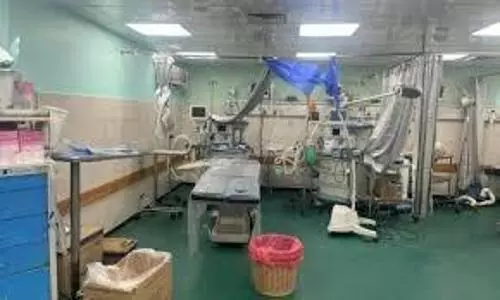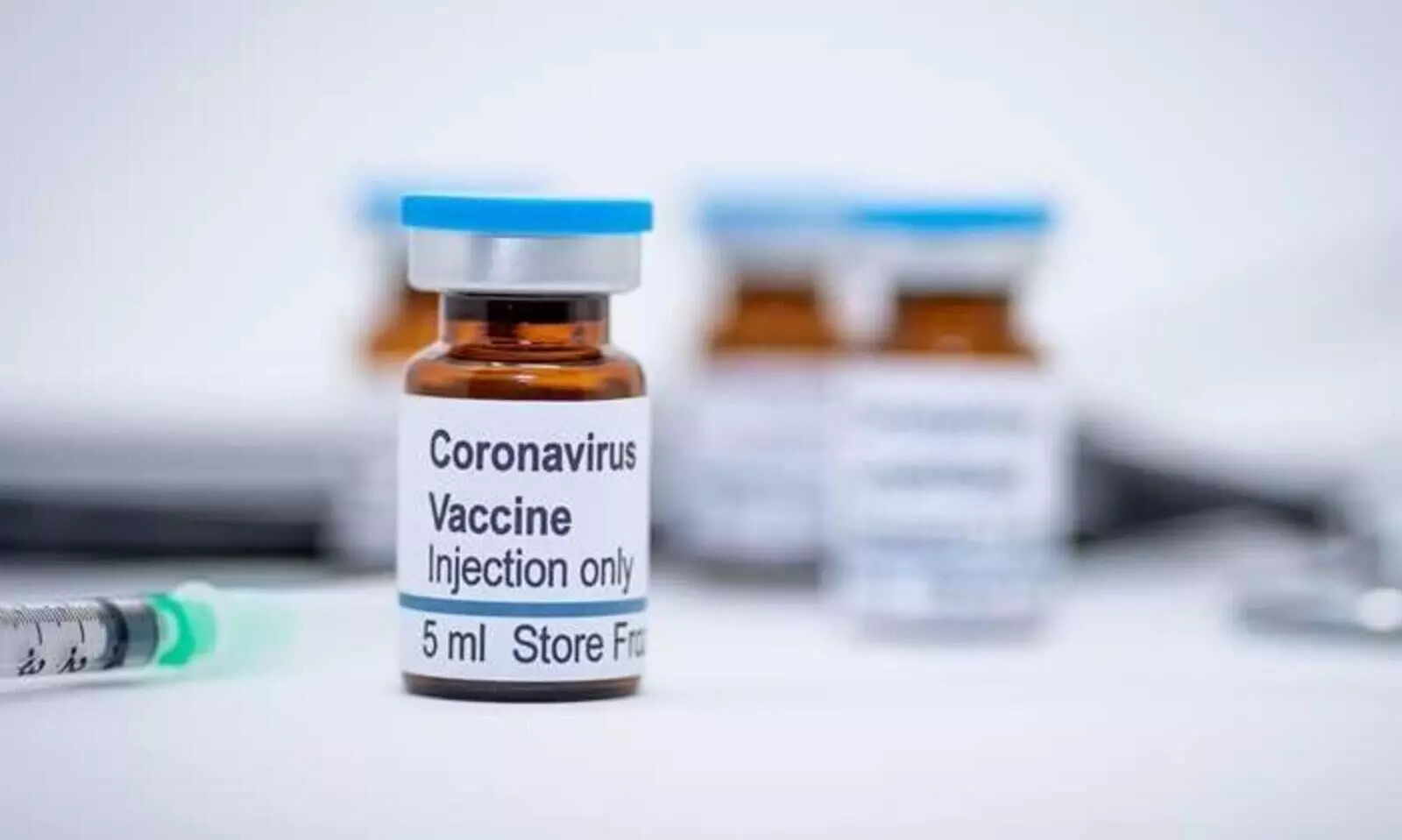
Rich countries hoarding doses of Covid vaccines, alleges campaigning body
text_fieldsA new report by a coalition of campaigning bodies has found that as many as 90 percent of the population in dozens of poorer countries will miss out on the coronavirus vaccine next year because most of the supply has already been taken by rich nations.
The People's Vaccine Alliance - a network of organisations including Amnesty International, Oxfam and Global Justice Now - says that rich countries have hoarded enough doses to vaccinate their entire populations nearly three times over, Al Jazeera has reported.
If that happens it means 67 poor countries will be left with only enough to vaccinate one out of 10 people, unless governments and the pharmaceutical industry take urgent action, the Alliance warned.
Five of the 67 countries– Kenya, Myanmar, Nigeria, Pakistan and Ukraine – have reported nearly 1.5 million coronavirus cases between them.
On the other hand, rich nations and economies comprising 14 percent of the global population bought 53 percent of the total stock of the most-promising vaccines as of last month. Such economies include the European Union, United States, Britain, Canada, Japan, Switzerland, Australia, Hong Kong, Macau, New Zealand, Israel and Kuwait."The hoarding of vaccines actively undermines global efforts to ensure that everyone, everywhere can be protected from COVID-19," Al-Jazeera quotes Steve Cockburn, Amnesty International's head of economic and social justice as saying.
"Rich countries have clear human rights obligations not only to refrain from actions that could harm access to vaccines elsewhere but also to cooperate and provide assistance to countries that need it."
Oxfam cites that Canada has bought enough doses to vaccinate its population five times over.
South Korea, another leading world economy, has bought sufficient vaccine for 88 percent of its population of more than 50 million people.
Meanwhile, the Philippines, considered a developing country, has so far secured only 2.6 million doses for delivery next year. That only covers 1.3 million people out of its total population of more than 100 million.
"No one should be blocked from getting a life-saving vaccine because of the country they live in, or the amount of money in their pocket," Anna Marriott, Oxfam's health policy chief, said.
"But unless something changes dramatically, billions of people around the world will not receive a safe and effective vaccine for COVID-19 for years to come."
The United Kingdom on Tuesday became the first country in the world to administer the much-anticipated inoculation against the pandemic.
The alliance analysed data, including contracts reached between countries and pharmaceutical companies, in coming up with their conclusion and recommendations, the report said.
Among the three vaccine candidates with declared efficacy results, almost all the available doses of two of them – Moderna and Pfizer-BioNTech – have already been acquired by rich countries, the Alliance noted. The Food and Drug Administration (FDA) in the United States is discussing emergency use authorisation for the Pfizer-BioNTech vaccine this month.
Dr Mohga Kamal Yanni, from The People's Vaccine Alliance, noted that in the current system, pharmaceutical companies are using public funding for research, but retaining exclusive rights to the technology developed.
While that boost profits for the companies, the system "could cost many lives," he warned.
Doctors without Borders (Médecins Sans Frontières-MSF) says companies need to share intellectual property (IP), technologies, data and know-how, so that the vaccines can be produced as widely as possible, and priced affordably. MSF noted that Moderna was the only firm so far that had promised not to enforce its patents during the pandemic, but unlike AstraZeneca, however, it has not committed to selling the vaccine at "no profit".
"By withholding critical information like the costs of R&D, clinical trials, and manufacture, governments and pharmaceutical corporations are shirking their responsibilities to the taxpayers and public entities who funded the development of these vaccines and will pay for them," said Dana Gill, US Policy Advisor for MSF's Access Campaign.
"Without transparency, the public cannot assess fair pricing and governments cannot negotiate lower prices based on true costs. No company should be allowed to profiteer off the back of this pandemic."
(With content from Al-Jazeera)












